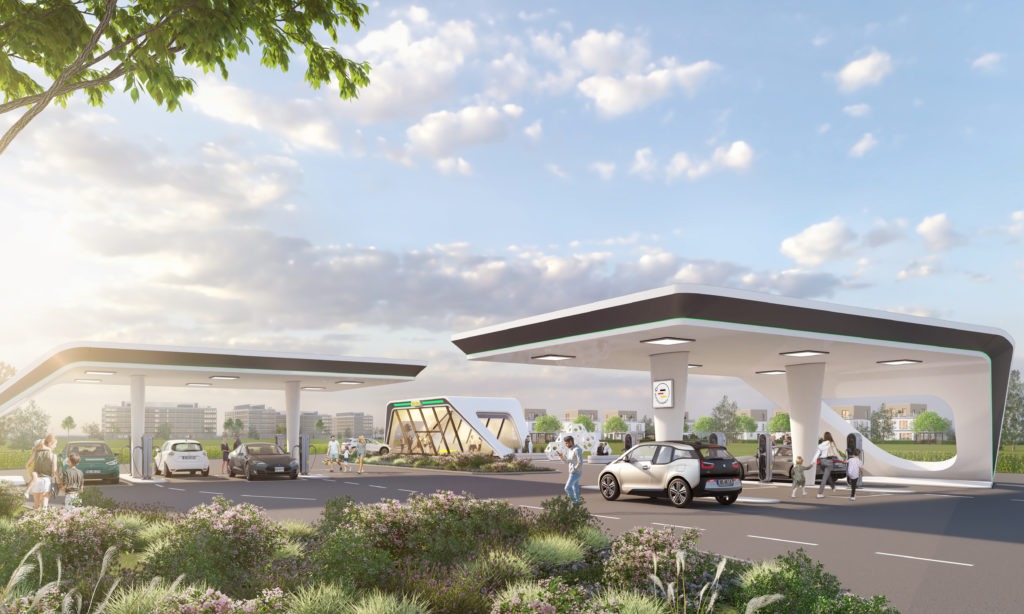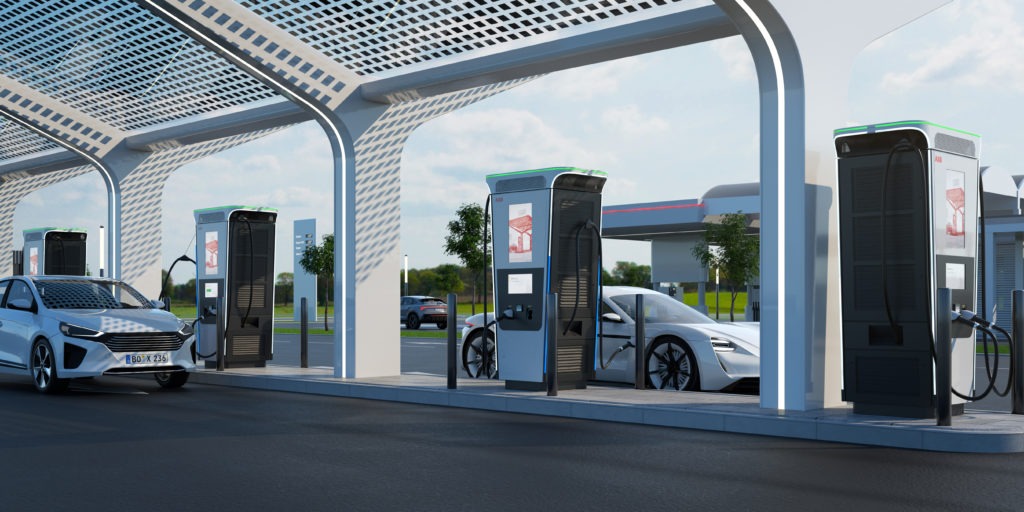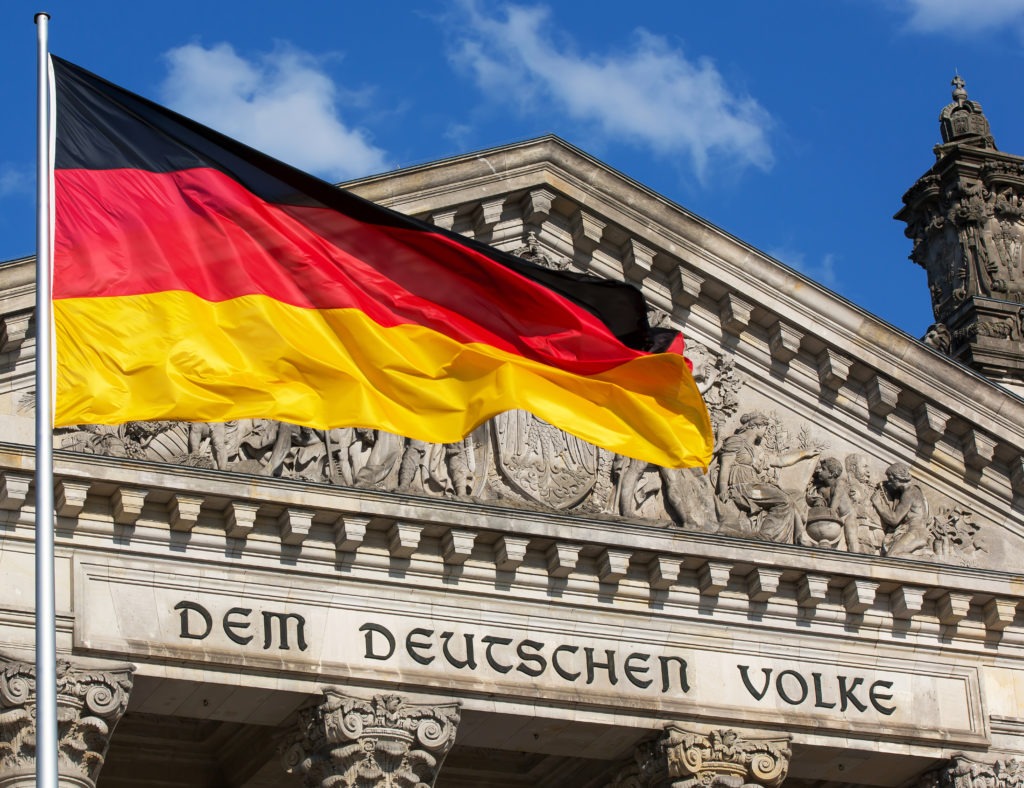Germany accelerates fast-charging infrastructure
05 October 2021

Electrically-chargeable vehicles (EVs) have revolutionised the automotive industry. While there has been a lot of buzz surrounding these models – from Tesla to Polestar – there are numerous challenges that come with the new technology. With EV sales rising exponentially across Europe, the installation of charging stations remains key. Germany, one of the world’s largest car markets, is looking at tackling the problem by accelerating its fast-charging infrastructure.
This month, the Federal Ministry of Transport and Digital Infrastructure (BMVI) started the tender process for its national fast-charging network, called Deutschlandnetz – which translates as ‘Germany network.’ This will give companies the opportunity to compete in the bid to establish and operate around 900 fast-charging locations. The network aims to cover a basic supply of around 8,000 additional fast-charging points.
‘A unique approach’
‘Charging anytime, anywhere, that is our goal,’ said transport minister Andreas Scheuer. ‘With the Germany network, we are creating market-based competition that will lead to the development of fast-charging infrastructure precisely where we need it most – on medium and long-haul journeys across the country.’
Accessibility to charging points remains a contentious issue. The European Automobile Manufacturers’ Association (ACEA) recently criticised the serious lack of charging points in Europe. This can be off-putting for consumers, hampering their willingness to switch to EVs. In ACEA’s ranking of EU countries with the most chargers per 100km, Germany made the top three. But worries over the existing charging infrastructure still pose an obstacle to EV drivers. The BMVI is hoping to change that.
‘Our approach is unique worldwide and massively strengthens the transition,’ added Scheuer. ‘Fast-charging points must be accessible nationwide within ten minutes, and the payment methods must be simple and standardised. This is the only way to get people excited about climate-friendly electromobility.’
BMVI’s tendering process is pivotal as it reflects a paradigm shift in government support for the expansion of the local charging infrastructure. The winners will be contractually obliged to set up and guarantee the operation of the fast-charging points, with the BMVI judging entrants based on cost, concept, and customer friendliness.
And commercial vehicles?
The discussion around EVs usually centres on passenger cars, but commercial vehicles have also seen extensive developments in the field of electromobility and are often overlooked. The BMVI is now funding a megawatt-charging project, called HoLa, in support of electric trucks.
The project aims to construct and operate a selected high-performance charging infrastructure for battery-electric long-distance trucks, building the world’s first demonstration route for megawatt charging of commercial vehicles. The route will run from Berlin to western Germany’s Ruhr district. High-performance charging points will be set up along the A2 motorway.
HoLa brings together a consortium of partners under the auspices of the German Association of the Automotive Industry (VDA). Some of these include Daimler Truck, Scania, Siemens, Ionity, and ABB, which recently launched the world’s fastest electric-car charger. With a funding volume of €12 million, the project has a total budget of €27 million and will run until the end of 2024.
‘Electrification is also making massive advances in the area of commercial vehicles,’ said Hildegard Müller, president of the VDA. ‘In order for this to prevail, high-performance truck-charging parks and the ability to charge megawatts are important prerequisites.’
Efforts to bring Germany’s infrastructure up to speed are certainly starting to bear fruit. The BMVI is also making a total of €500 million available for the further development of the public charging infrastructure, planning to set up a total of at least 50,000 charging points – 20,000 of which will be fast-charging stations.



